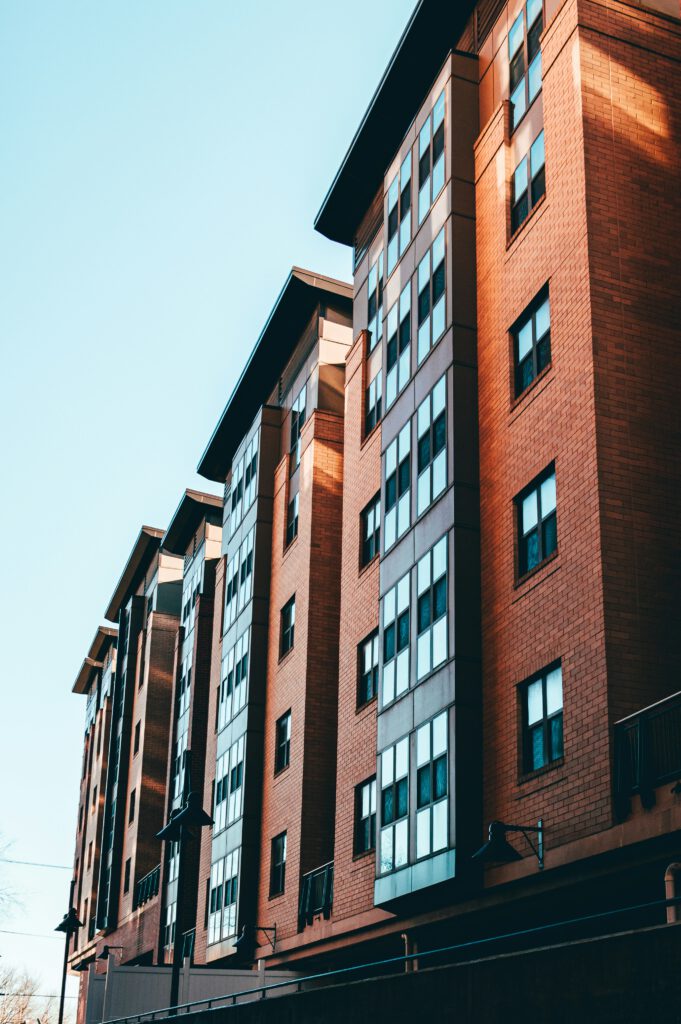THE INFLUENCE OF SOCIAL NORMS ON RECYCLING BEHAVIOR IN URBAN MULTI-FAMILY BUILDINGS
GOALS & OBJECTIVES
The Impact of Social Norm Intervention
The Influence of Social Norms on Recycling Behavior in Urban Multi-family Buildings research project is led by Stony Brook University in the Department of Technology and Society within the College of Engineering and Applied Sciences. and is sponsored by the Environmental Research and Education Foundation. The goal of this research project is to assess the effectiveness of two social norm-based interventions on recycling behavior in an urban residential setting. The study will investigate the effect competition and peer pressure can have on recycling participation rates, diversion rates, and contamination rates. The results from this study can help inform building managers, policy makers, and the solid waste industry at large of the effectiveness of these two strategies for improving recycling behavior.

RESEARCH TASKS
Influencing and Assessing Multi-Family Buildings
1
Assessment
A baseline assessment of recycling practices and building characteristics was conducted, including waste audits to understand pre-intervention recycling rates, diversion, and contamination rates.
Survey
A survey was administered to assess residents’ existing pro-environmental motivations and self-reported recycling behavior.
2
3
Interventions
The social norm interventions were implemented over a 12-week period across three buildings:
Data Analysis
The effectiveness of the interventions was assessed through data analysis. Metrics included diversion rate per building, volume of recycling per floor, and sorting/contamination data. Statistical analyses examined the impact of interventions on diversion and contamination rates, self-reported behavior changes, and the influence of resident characteristics.
4
FINDINGS
PUBLICATION
Hewitt, E. L., Wang, Y., Eck, A. S., & Tonjes, D. J. (2023). Keeping up with my neighbors: The influence of social norm feedback interventions on recycling behavior in urban multifamily buildings. Resources, Conservation & Recycling Advances, 18, 200156.
